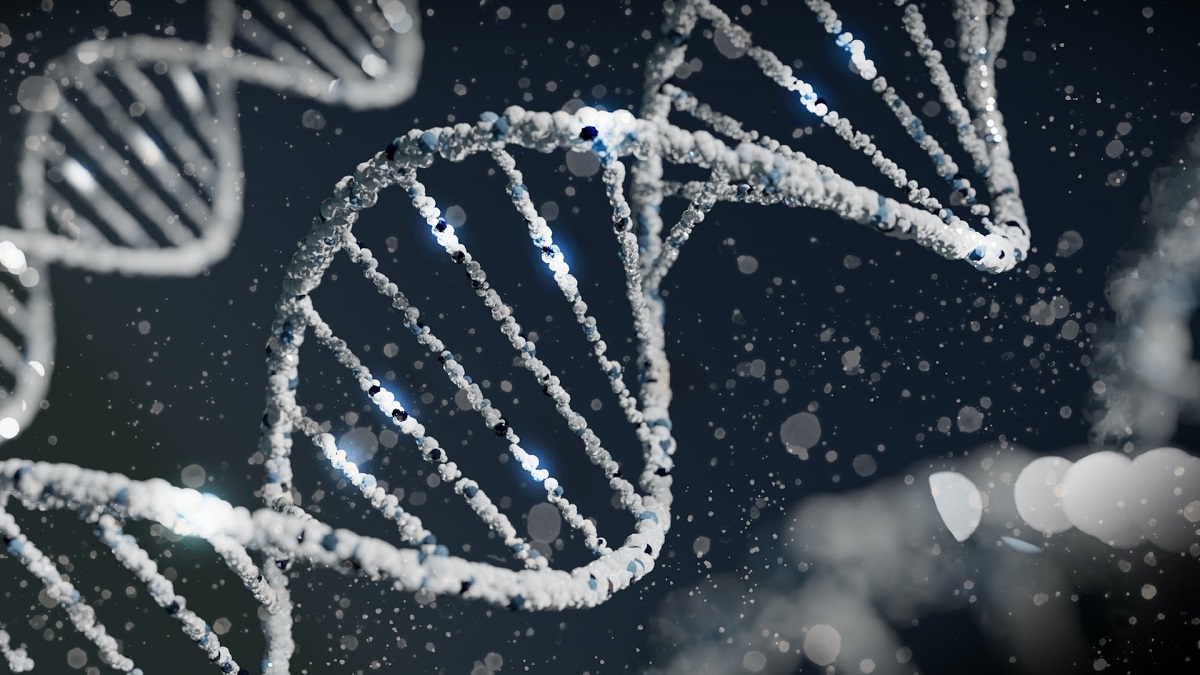Is Bronny James taking HGH? A new photo of what some people on social media believe is Bronny James’ HGH jaw and neck is sparking a conspiracy theory.
Bronny James is only 16, but now looks at least 30 years old to many people. It appears he has grown to around 6’3, and is almost the same size as Lebron James. Conspiracy theorists believe that because Bronny James’ performance on the basketball court has been less than stellar, Lebron James may have resorted to putting him on an HGH regimen. Take a look at Bronny James’ HGH jaw and neck.

As you can see in the photo above Bronny James’ jaw and neck is already bigger than Lebron James in those same areas. The photo below gives you a closer look.

Now take a look at Bronny James at 16 compared to Lebron James at 16.

What is HGH?
HGH is a natural hormone produced by the pituitary gland that stimulates growth, cell regeneration and metabolism. It is essential for normal development and health in children and adults.
Synthetic HGH is also available as a prescription drug or a dietary supplement that claims to have various benefits, such as increasing muscle mass and strength, reducing body fat and improving body composition, enhancing athletic performance and recovery, slowing down aging and improving skin quality, boosting immune system and energy levels.
However, synthetic HGH also has potential side effects and risks, especially when used without medical supervision or in high doses. Some of these side effects include nerve, muscle or joint pain, swelling of the arms and legs, high cholesterol, diabetes, liver damage, carpal tunnel syndrome, increased risk of cancer and abnormal growth of bones and organs.
One of the most serious effects of HGH on the heart is cardiomyopathy, which is a disease of the heart muscle that makes it harder for the heart to pump blood to the body. This can lead to heart failure, arrhythmia (irregular heartbeat), stroke or sudden cardiac death. HGH can also cause hypertension (high blood pressure), which can damage the arteries and increase the risk of heart attack.
According to some studies, HGH can also have some positive effects on the heart, such as improving artery density, stimulating nitric oxide production, increasing cardiac contractility and making myocardial cells more sensitive to calcium. However, these effects are not well understood and may depend on various factors such as dosage, duration of use, age and health status of the user.
When Lebron James was 16 many people thought he looked much older, and Bronny James makes the 16 year old Lebron look like a little kid.
Since it can’t be proven that Bronny James is on HGH, it remains a conspiracy theory. Whatever he is doing hopefully he reaches his dream of making the NBA, and it doesn’t impact his health in future.










